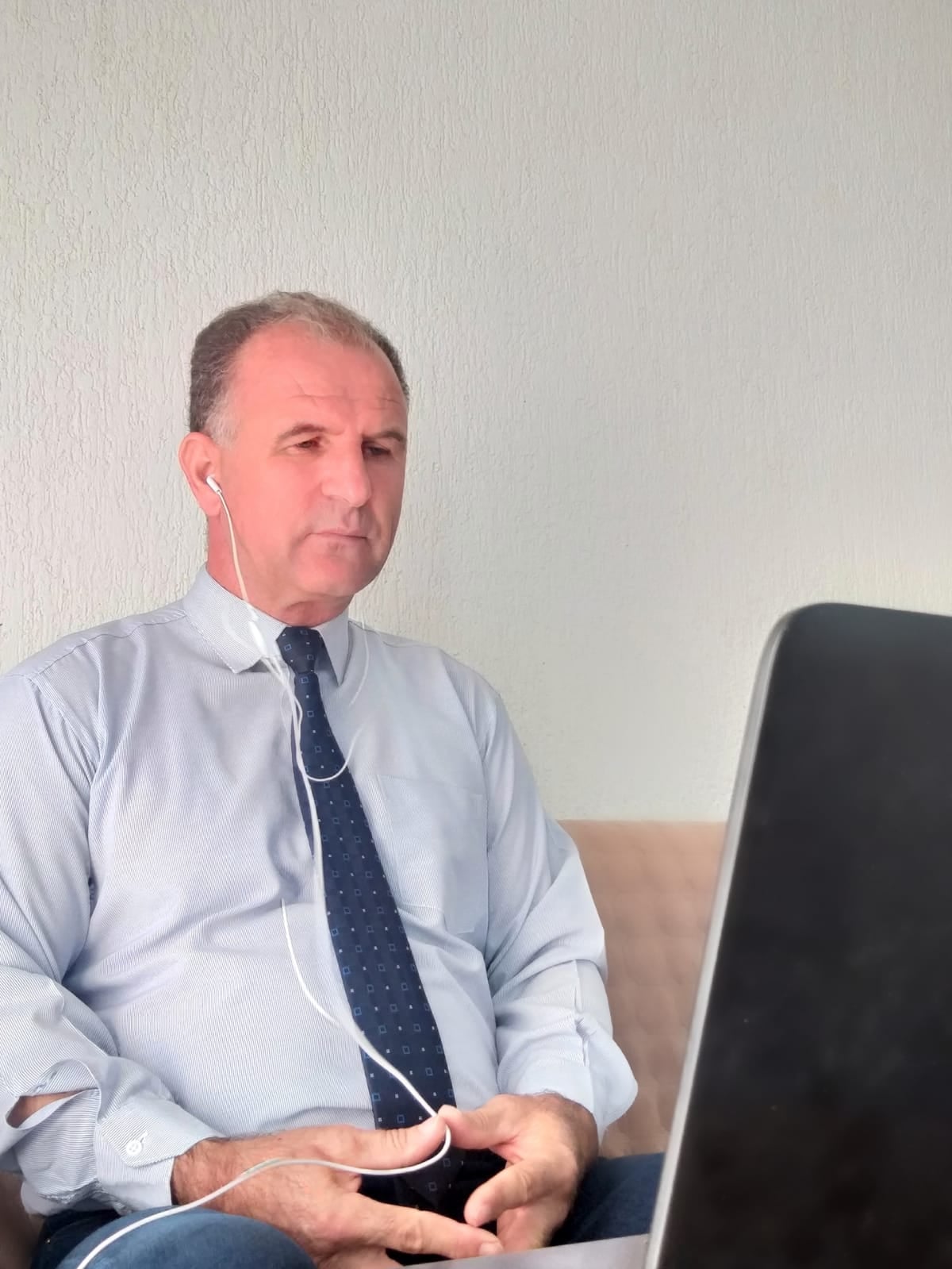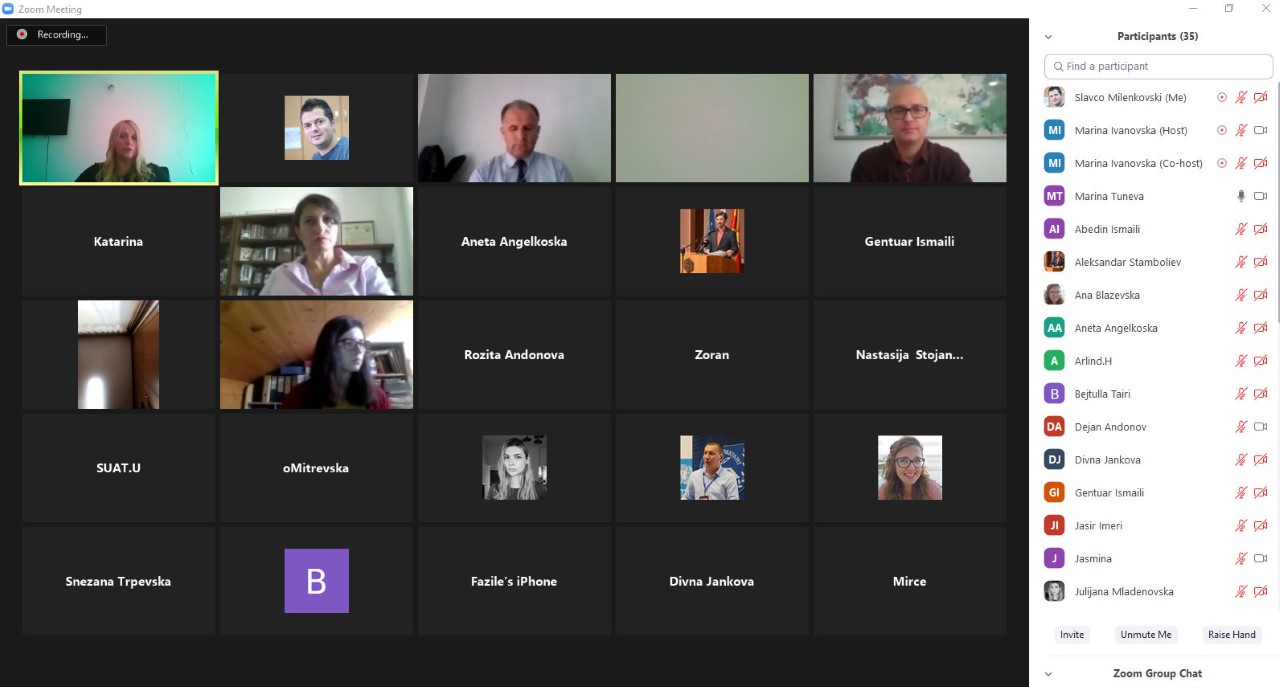The debate, where the topics of discussion were the ways in which the media, the self-regulatory body and the educational institutions could cooperate in tackling hate speech, discrimination and stereotypes, was attended by 30 representatives of the civil society organizations, educational institutions, media organizations and students from universities in the country.
“Needless to say, journalists and the media have an inalienable right to editorial policy and freedom in positioning themselves on that spectrum. But the facts are facts, and there should be no compromise in this respect”, said the President of the CMEM Managing Board, Katerina Sinadinovska.
According to Dejan Andonov, Head of the Study Program at the Institute for Communication Studies, media literate citizens understand the value of the news, recognize the messages that come to them, and build a critical attitude. Hence, it is necessary to continuously invest in improving critical analysis skills of the citizens when it comes to media content.
Professor Naser Miftari,  agrees and says that the audience should have enough knowledge to recognize what is good and what is bad, what to listen to and what to discard. “All this can be achieved if we make sure to make sufficient room in our education system. Our system needs an in-depth reform, and we would be deemed a failure in those reforms if we do not ensure the media its rightful place”, stated Professor Miftari.
agrees and says that the audience should have enough knowledge to recognize what is good and what is bad, what to listen to and what to discard. “All this can be achieved if we make sure to make sufficient room in our education system. Our system needs an in-depth reform, and we would be deemed a failure in those reforms if we do not ensure the media its rightful place”, stated Professor Miftari.
Media must play a key role not only in informing, says journalist Jasmina Mironski, but also in combating hate speech, discrimination and stereotypes.
 “Social and psychological theories explain that people move in so-called ‘bubbles’ because they choose where to get their information from, and what to remember, because it corresponds to their previous beliefs. Media literacy is extremely important, and experience shows that it is best if it is infused through various teaching content in the education”, said RESIS President Snezana Trpevska.
“Social and psychological theories explain that people move in so-called ‘bubbles’ because they choose where to get their information from, and what to remember, because it corresponds to their previous beliefs. Media literacy is extremely important, and experience shows that it is best if it is infused through various teaching content in the education”, said RESIS President Snezana Trpevska.
According to Liljana Pecova Ilieska, a member of the CMEM Press Complaints Commission, the faculties that educate and prepare students for the teaching profession should be contacted and consulted on how to master media literacy skills as part of the higher education. 